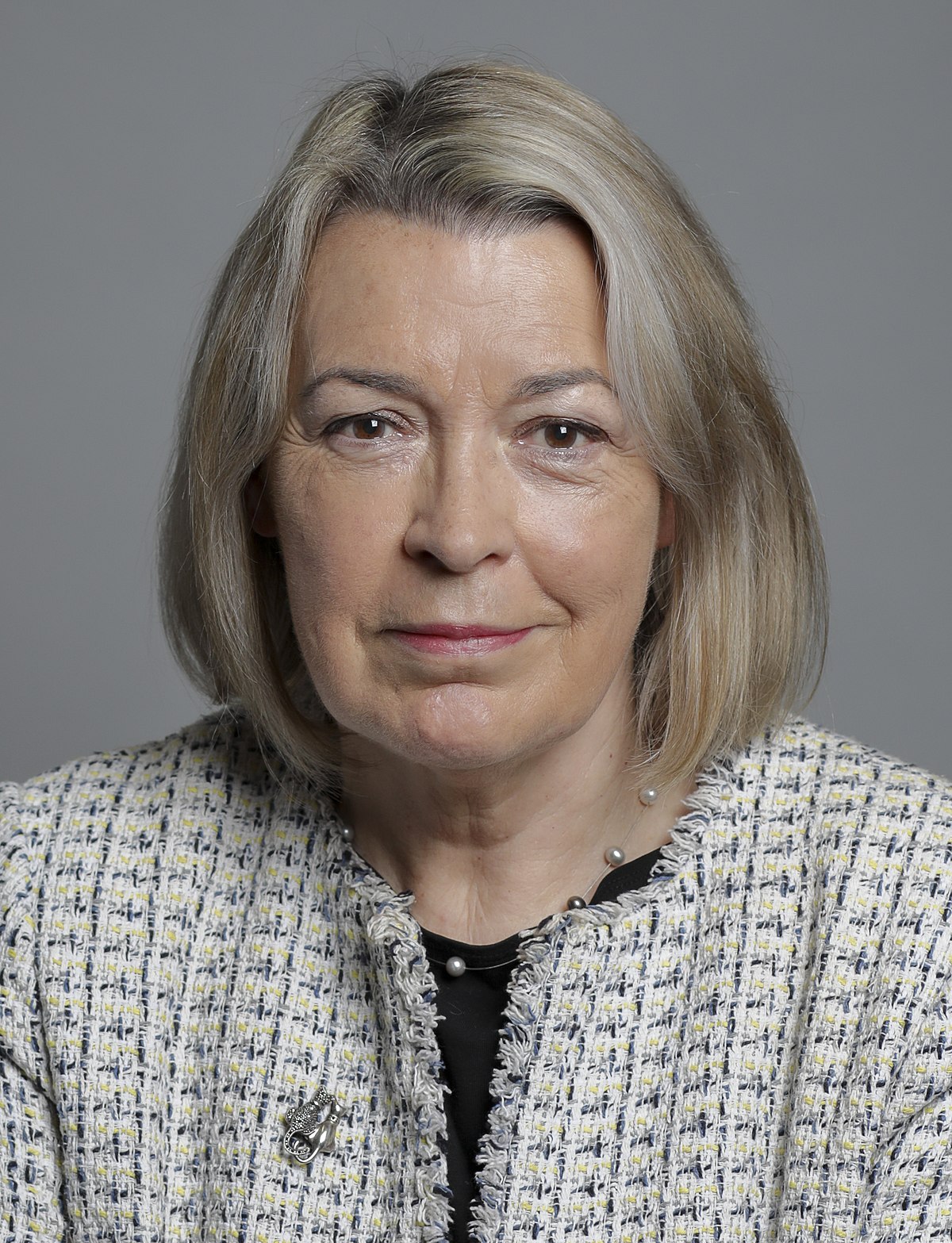Twelve years ago, the scandal of abuse at Winterbourne View was revealed by BBC Panorama. The mistreatment of autistic people and people with learning disabilities in inappropriate inpatient settings brought the issue into public and political consciousness. At the timethe scale of the outcry created hope for change, as did the pledges made by the Coalition Government to end the use of places in inappropriate institutions for autistic people and people with learning disabilities.
But we have seen countless missed targets and a flurry of urgent investigations and reviews, all of which seem to lead to more inaction from Governments.
The criticisms reported in the Care Quality Commission’s inquiry into Winterbourne View are as true today as they were more than a decade ago: that there is a “systemic failure to protect people or to investigate allegations of abuse”.
Currently more than 2,000 autistic people and people with learning disabilities are being detained in inpatient settings. Around 1 in 12 are in units rated by the CQC as “inadequate”, meaning that the regulator has found the settings to be not safe, not caring, not effective and not well led. As many as 40% of people detained have been held for more than a decade. Fewer than ever have a planned date of discharge and, most concerningly, 41% of people detained did not need to be in hospital at all.
This is not a hidden problem. Statistics are regularly published by NHS England and there has been scandal after scandal reported by the media.
Reports and film footage from scandal-hit Edenfield Centre, Cawston Park, Cygnet Yew Trees Hospital and other settings have shown appalling examples of preventable deaths, toxic cultures, overuse of restraint, long-term seclusion, over-medication and physical abuse.
As recently as a few weeks ago a Channel 4 Dispatches programme called ‘Locked Away: Our Autism Scandal’ told the stories of autistic people who had been detained in inpatient units across the country.
A young autistic woman called Amy told the programme that not a day went by when staff members did not use restraint or the threat of violence to make patients conform. When staff discovered that Amy had spoken out in the Channel 4 documentary they took away her phone. After Amy got her phone back she sent photos of dark bruises covering her arms.
The mother of another young autistic woman, Danielle, spoke about her being placed in solitary confinement in a hospital for 551 days – more than 18 months. She was locked in a room with only a mattress on the floor and she was drugged heavily. Her mother told the Dispatches programme that, during her stay at the hospital, Danielle was taken by staff members to areas away from cameras. She was then molested and raped.
More recent footage showed Danielle in a general hospital ward being surgically fed through a tube because she is now refusing to eat.
Despite the relentless efforts of journalists, charities and activists to raise these appalling cases, the Government has entered a phase of total apathy. Each scandal that hits national TV or the press results in a more muted and defensive response from Ministers. It seems that as calls to address repeated failed targets grow more desperate, less and less is done to rectify the situation.
The Government’s response to the debate I led in the House of Commons this week was sadly no different. The Minister’s response was devoid of any apology or humility for her Department’s failure to get a grip on this national scandal.
And there was a disconnect between the Minister’s words when responding to my debate and the reality facing people like Amy and Danielle who are being detained. It is indefensible to claim that the Government is taking this issue seriously when the number of people being held in these units has risen, not fallen, in the past 3 years.
For the sake of the 2,000 people still trapped in inappropriate units and their families, I hope that the Government finally takes the urgent action necessary to end this scandal for good.
Barbara Keeley MP is the Labour MP for Worsley and Eccles South. She is the Chair of the APPG on the Inappropriate Institutional Care of Autistic People and People with Learning Disabilities.


